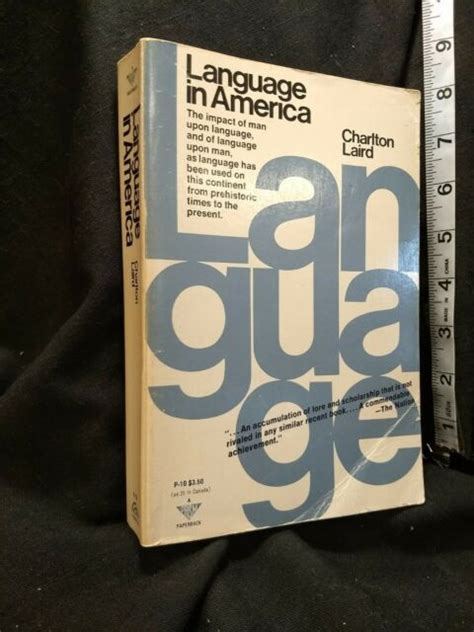A Quote by Michael Crichton
The rules of grammar exist in large part to permit readers and writers to operate from a shared set of expectations.
Related Quotes
Hence, a generative grammar must be a system of rules that can iterate to generate an indefinitely large number of structures. This system of rules can be analyzed into the three major components of a generative grammar: the syntactic, phonological, and semantic components... the syntactic component of a grammar must specify, for each sentence, a deep structure that determines its semantic interpretation and a surface structure that determines its phonetic interpretation. The first of these is interpreted by the semantic component; the second, by the phonological component.
I have a total responsibility to the reader. The reader has to trust me and never feel betrayed. There's a double standard between writers and readers. Readers can be unfaithful to writers anytime they like, but writers must never ever be unfaithful to the readers. And it's appropriate, because the writer is getting paid and the reader isn't.
We writers – and especially writers for children, but all writers – have an obligation to our readers: it's the obligation to write true things, especially important when we are creating tales of people who do not exist in places that never were – to understand that truth is not in what happens but what it tells us about who we are. Fiction is the lie that tells the truth, after all.
People who think that grammar is just a collection of rules and restrictions are wrong. If you get to like it, grammar reveals the hidden meaning of history, hides disorder and abandonment, links things and brings opposites together. Grammar is a wonderful way of organising the world how you'd like it to be.
By a generative grammar I mean simply a system of rules that in some explicit and well-defined way assigns structural descriptions to sentences. Obviously, every speaker of a language has mastered and internalized a generative grammar that expresses his knowledge of his language. This is not to say that he is aware of the rules of the grammar or even that he can become aware of them, or that his statements about his intuitive knowledge of the language are necessarily accurate.
The system we have is one that protects my rights under a president I don`t approve. That tomorrow we`ll do the same for you. And what people have in common is their commitment to those shared rules. And if you have someone who was a challenger to the shared rules, that`s unacceptable. And we`ve never seen that before. Not in a long, long time but we see it now.

































